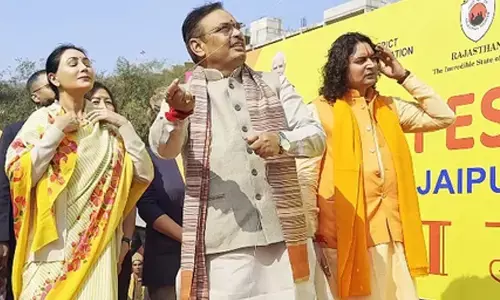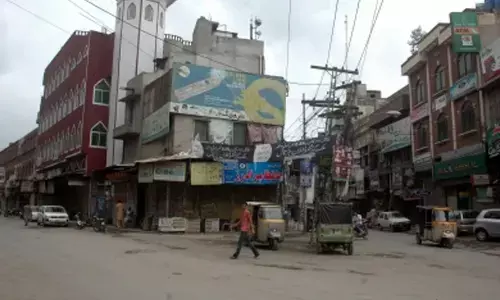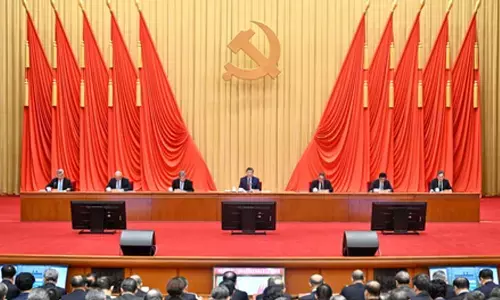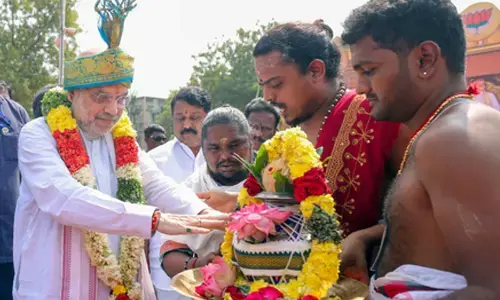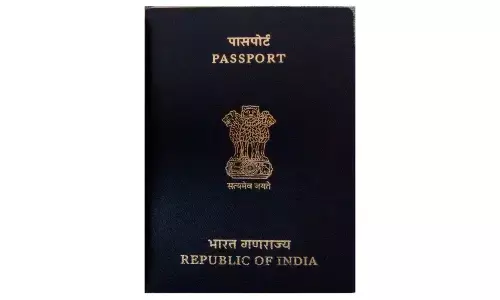New app for indigenous farmers

Field testing has begun, under the auspices of the KONAM Foundation, for the first design prototype of ‘Risk prediction’ application developed to help small and marginal farmers.
Field testing has begun, under the auspices of the KONAM Foundation, for the first design prototype of ‘Risk prediction’ application developed to help small and marginal farmers.
Kanna Siripurapu, project coordinator at KONAM Foundation, conducted field testing early this week involving 11 users at Kainipai village in Rayagada district of Odisha, which is the homeplace for several indigenous farmers.
A team of Carnegie Mellon University students, comprising Sarah Papp, Shreya Prakash, Svayam Mishra, Xinwen Liu and Zhuona Ma, is working on this project mentored by Afsaneh Doryab, a Systems Scientist at the Human-Computer Interaction Institute, CMU, and Sandeep Konam, Executive Director, KONAM Foundation, with the operational expertise being provided by Kanna Siripurapu.
As much as 67 per cent of India's farmland is held by marginal farmers with holdings below one hectare. Due to lack of formal education, farmers in India have been facing difficulties in dealing with some of the modern agricultural challenges. Most of the marginal farmers do not possess abilities to do even the basic cost-benefit analysis required to make informed decisions, consequently leading to very high investments and low returns.
This puts them in a vicious cycle of indebtedness and poverty. ``We are building technology-based tools to help farmers better understand the risk associated with investing into a crop yield and to better optimize the available resources.
To accomplish this, we are using machine learning and cloud computing and continuing the field testing at Kandhamal district for the rest of the week, after which we would spend time refining the prototype based on the feedback received from farmers, which has been constructive and positive,’’ said founder of KONAM Foundation Prashant Reddy. According to him, users found the prototype user-friendly and are looking forward to the final version of the application.
To develop this application, the Foundation is following the principles of design thinking. Design thinking has proved to be extremely useful in tackling complex problems that are ill-defined or unknown, by understanding the human needs involved, by re-framing the problem in human-centric ways, by creating many ideas in brainstorming sessions, and by adopting a hands-on approach in prototyping and testing.
The KONAM (‘Key solutions to Onerous and Massive challenges’) Foundation is a non-profit organization based out of Hyderabad working to solve challenges in agriculture and education by using cutting-edge technologies.
The Foundation is developing solutions in collaboration with other non-profit organizations which would eventually open-source the core-technology for other organizations to build on them. Tools are also being built that could help non-profit organizations scale their mission by being more efficient and streamlined.
The current KONAM Foundation team is cross-disciplinary and includes experts ranging from artificial intelligence, design and policy to business management and information technology. Tribal farmers of Kainipai village, Rayagada, in south Odisha looking at the new application









